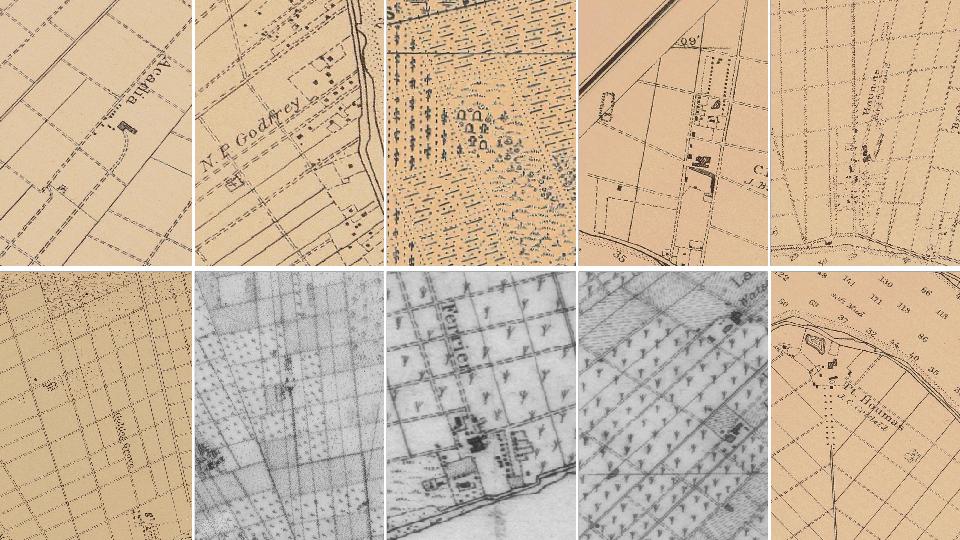Exposing environmental racism
Research by Goldsmiths-based agency Forensic Architecture has helped to evidence toxic levels of industrial air pollution in Louisiana, USA.
Forensic Architecture’s work has provided majority-Black communities in Louisiana with vital evidence in their campaign to halt the expansion of the area’s Petrochemical Corridor and protect the burial sites of their enslaved ancestors.
Forensic Architecture researcher Imani Jacqueline Brown shares the agency's work to support communities in Louisiana
Tracing the histories of enslaved people
After the discovery of plantation graves on sites owned by petrochemical companies, researchers from Forensic Architecture were approached by community activist group RISE St James to locate other lost graves.
The team sourced maps and aerial imagery going back 300 years and used advanced cartography techniques known as cartographic regression to find possible burial sites.
In the knowledge that enslaved people were often denied stone, researchers from Forensic Architecture identified isolated clusters of willow and magnolia trees planted to mark graves.
By identifying possible cemeteries, Forensic Architecture have provided local communities with evidence that could halt future development by the petrochemical industry.

Inconsistent cemetery marking samples - image courtesy of Forensic Architecture
Revealing the spread of petrochemical pollution
The area between Baton Rouge and New Orleans is home to over 200 petrochemical plants. It has become known as Death Alley or Cancer Alley since residents who breathe its toxic air suffer some of the highest rates of cancer in the United States.
Working with researchers in the Department of Mechanical Engineering at Imperial College London, Forensic Architecture were able to demonstrate the toxic chemicals circulating in the air across this 85-mile corridor.
The researchers developed a series of fluid dynamics simulations showing the range of airborne pollutants being released by chemical facilities along the Mississippi River.
More about Forensic Architecture
Forensic Architecture is a research agency based at Goldsmiths.
An emerging academic field, forensic architecture is a multifaceted discipline employing architectural evidence in a range of legal and political contexts.
The Forensic Architecture team investigate human rights violations committed by states, police forces, militaries and corporations, working closely with grassroots community groups and a range of other partners across civil society.